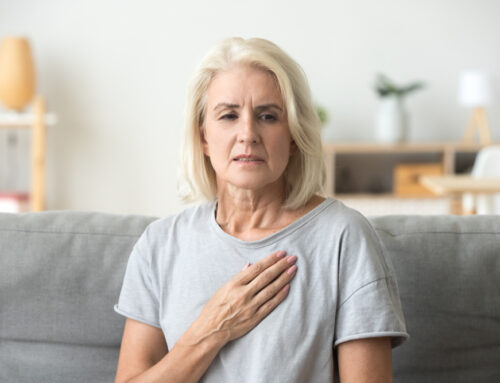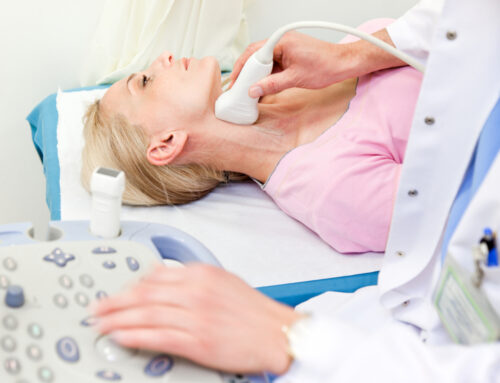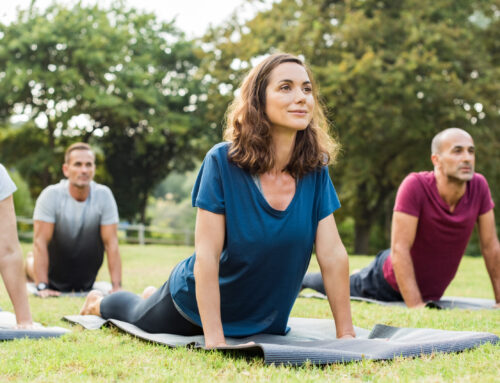The vascular system is a critical part of the body. It’s responsible for dispersing blood throughout the body and reoxygenating it as needed. It even moves nutrients and waste when necessary.
Why Are Veins Important?
Just like all the other parts of your body, veins have a very important role to play. These small vessels are responsible for carrying deoxygenated blood back up to your heart. Once there, the blood can be reoxygenated for further use.
Unlike arteries, however, veins have a much thinner layer of muscle surrounding them. Instead, veins utilize valves to push blood along. Due to this, veins can be somewhat susceptible to vein conditions such as varicose or spider veins. It’s important to maintain an active and healthy lifestyle to maintain good vascular health.
What Do Healthy Veins Look Like?
A healthy vein is typically minimally visible, blue or purple in color, and should be smooth with no bulging or twisting. An overly enlarged or discolored vein can be a sign of a venous condition. If you notice any concerning symptoms associated with your veins, try to consult with your doctor as soon as possible.
Free Vein Screening Near Me
A great way to check on your vascular health is by doing a vein screening. Fortunately, here at VeinSolutions™, we offer FREE screenings. Simply give our office a call, or fill out our online form, and someone from our team will be in touch.
How To Improve Vein Health
Just as with everything else, vein health needs constant maintenance. This means eating a balanced diet, getting all of the necessary vitamins, and exercising regularly. Let’s start by talking about some of the vitamins for vein repair and health.
Supplements For Vein Health
Although your body needs all 13 vitamins, there are a few that stand out in their role in your vascular system.
B-Complex
It’s well known that homocysteine (an amino acid commonly found in the human body) can increase your chances of developing blood clots in the veins. Fortunately, vitamins B6 and B12 can help reduce homocysteine levels. Additionally, vitamins B6, B9 (Folate), and B12 have protective properties against DVT. It’s, therefore, very important to get adequate amounts of vitamin B in order to keep blood clots and deep vein thrombosis at bay.
Vitamin K
Normally, blood clots aren’t considered a good thing. In the case of an external injury or cut, however, blood does need to clot in order for the wound to heal and promote new tissue growth. This is where vitamin K comes in. It helps ensure that when you scratch yourself, the surface of the cut eventually clots, preventing further bleeding.
Additionally, vitamin K plays a pivotal role in maintaining proper blood flow and strengthening capillaries to prevent breakage or bulging. This vital nutrient supports the integrity of blood vessels, ensuring they remain resilient and reducing the likelihood of issues such as varicose veins.
Vitamin C
This vitamin is one of the most multi-use ones out there. Not only does vitamin C help keep your immune system up, but it also stimulates the creation of collagen. Collagen is vital to keeping your veins strong and flexible. Without it, valves and vein walls can become brittle, weak, and less elastic. This leads to varicose veins and other vein conditions.
Vitamin E
Among its many benefits, vitamin E has been shown to have a positive effect on vascular health. Vitamin E helps widen blood vessels, prevents blood clot formation, keeps platelets from sticking to blood vessel walls, and can help in reducing leg cramps.
Vitamin D
Often referred to as the “sunshine vitamin,” vitamin D plays a vital role in cardiovascular health. It regulates inflammation, aids in nitric oxide production, promoting relaxed blood vessels and smooth blood flow. Studies suggest a correlation between low Vitamin D levels and an increased risk of Deep Vein Thrombosis, emphasizing the importance of maintaining adequate levels of this essential vitamin.
Best Foods For Vein Health
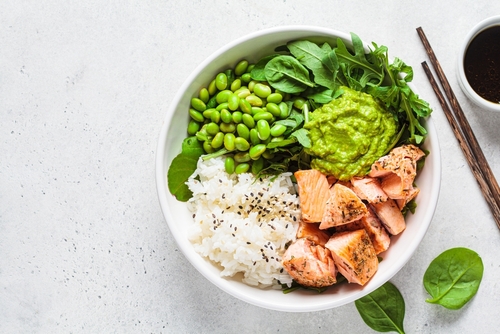
As we talked about above, your body requires a variety of vitamins and minerals to keep your vascular system functioning properly. This includes vitamins such as B, K, C, and E. Fortunately, most of these vitamins can be found in everyday foods.
Here are some general guidelines on what foods to seek out for which vitamins:
- Vitamin E: sunflower seeds, almonds, peanuts, salmon, avocado, trout, mango, and kiwi.
- B-Complex Vitamins: brown rice, fish, steak, eggs, lentils, sunflower seeds, almonds, broccoli, spinach, avocados, and bananas.
- Vitamin K: kale, spinach, broccoli, Brussels sprouts, chicken, green beans, prunes, kiwi, avocado, and soft cheese.
- Vitamin C: chili peppers, guavas, sweet yellow peppers, kale, kiwi, broccoli, brussel sprouts, lemons, strawberries, and oranges.
- Vitamin D: fatty fish (salmon, mackerel, sardines, and trout), cod liver oil, eggs, beef liver, cheese, and mushrooms.
If you’re looking for some healthy lunch or dinner ideas to support good vein health, we’ve got a couple right here. A rice bowl with cooked salmon, edamame, and spinach puts you on track to hit most of your vitamins in one sitting. As for drinks, try to stick to low-calorie options such as water or green tea. For a quick breakfast, opt for avocado toast over sugary pancakes.
In terms of snacks, try switching out cheez-its for almonds and opting for fruit over candy. You can also upgrade some of your favorite snacks with vitamins. For example, try making some homemade guacamole to go with your favorite chips or toast. Candy or cookies can be swapped out for a dark chocolate bar or some frozen fruit.
Also, keep in mind that vitamins aside, some foods can also cause harm to your health over time. Overly fatty or sugary foods can contain hidden calories that can cause unexpected weight gain. At a certain point, the extra weight on your legs can increase the pressure on your veins, resulting in damaged veins.
Stick to healthy, low-processed foods that are low in sugar and saturated fats. Your body will thank you for it later down the line.
Last Notes
Last but not least, here are just a couple more things to keep in mind aside from just food.
Exercise
There’s a reason why primary care providers like to remind us to get more exercise; it really is important! For starters, it helps you maintain a healthy weight and decrease the amount of pressure on your legs. Second, it also promotes strong circulation and helps your blood keep moving.
Some great low-impact exercises include bicycling, swimming, pilates, and yoga. If these seem too daunting, walking can be a great start. Try to get out for at least 30 minutes of exercise each day. It’ll not only improve your mood but also help you maintain good vascular health. Just remember to stay safe and exercise carefully.
Compression Stockings
It’s possible that you’ve already begun noticing early signs of spider or varicose veins. In this case, try to see a vein specialist as soon as possible to tackle the issue early on. Ask your doctor about compression stockings and socks. Although they probably won’t turn back the time on existing varicose veins, they can offer some support. Compression stockings can help decrease the development of further varicose veins and decrease some of the discomfort associated with existing ones.
The best part? Compression wear isn’t what it used to be. These days, there are plenty of options, from sheer ones that blend in with your skin to fun patterned ones. And don’t forget, men wear compression socks too.
Water
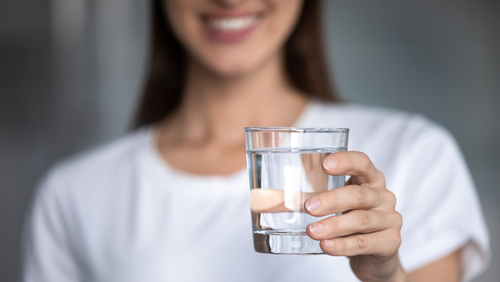
Food shouldn’t get all the attention today. Staying hydrated is vital to the health of your tissue, cells, thermoregulation, joints, and much more. In fact, according to the Mayo Clinic, about 50%-70% of our body weight is made up of water.
Somewhat of a lesser known fact, however, is that even your veins need water. Water can help thin out blood and keep it flowing freely. This reduces the risk of clotting and/or developing vein conditions such as DVT (Deep Vein Thrombosis).
Many adults actually don’t get nearly enough water on a day-to-day basis. An easy way to get a little more water is by bringing a water bottle to work or school. You can also level up your water game by adding fruit infusions of other low-calorie sweeteners to your water. Tea and coffee also count towards your liquid intake (but they can stain your teeth, so be careful with large amounts of dark drinks).
Flint Vein Solutions
Looking for the right vein specialist for you? VeinSolutions™ is happy to help! We offer a variety of cutting-edge, minimally invasive treatments. Our clinic is proud to offer microphlebectomy, sclerotherapy, and venous ablation as treatment options.
The best part about our clinic is that we treat each and every patient as if they were our own family. We know that seeking medical treatment can be a daunting task, so we try to make it as easy as possible. Our staff here at VeinSolutions™ is here for you, whether that’s for treatment or simply a shoulder to lean on.
Our vein clinic has two conveniently located offices in the Michigan area. One in Flint and one in Lapeer. If you have any questions whatsoever about our practice, please feel free to reach out and ask. Our phone number is (810) 232-3363.
Request A Consultation
Give Us A Call:
(810) 232-3363
Give Us A Call:
(810) 232-3363
